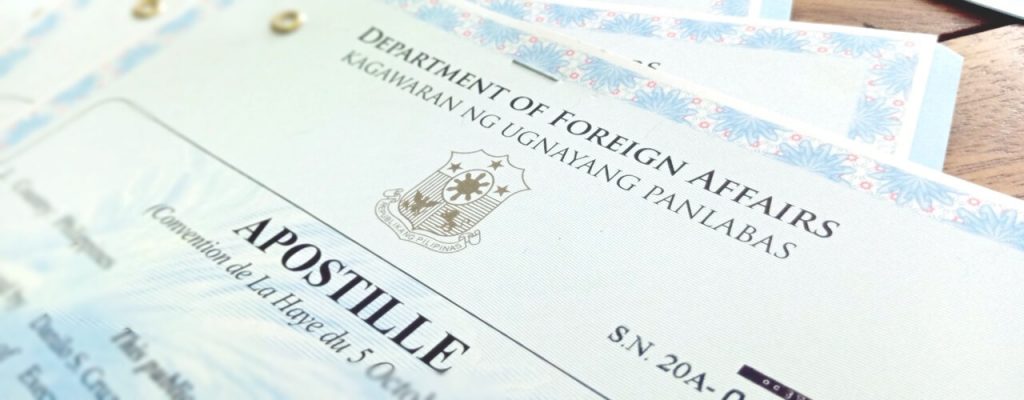


This Apostille Diplomas FAQ was designed to answer the top 12 questions people had on how to apostille school records in the Philippines.
A major source of confusion is the CTC and CAV Philippines requirements, so I’ve really tried to explain what they are and how to get them.
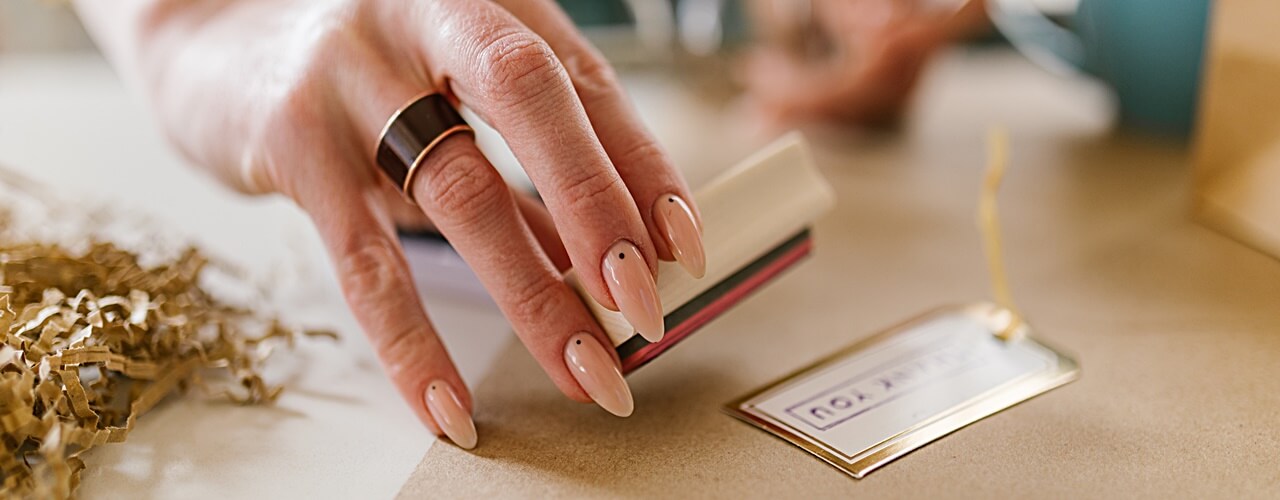
First, let me give you an overview:
Now, let’s start with the 12 most asked questions on how to Apostille Diplomas/TORs and other school records.
I’ve written a comprehensive guide on Apostille in the Philippines if you want further reading. This current article deals mainly with requirements for apostille diplomas and other Philippine school documents.
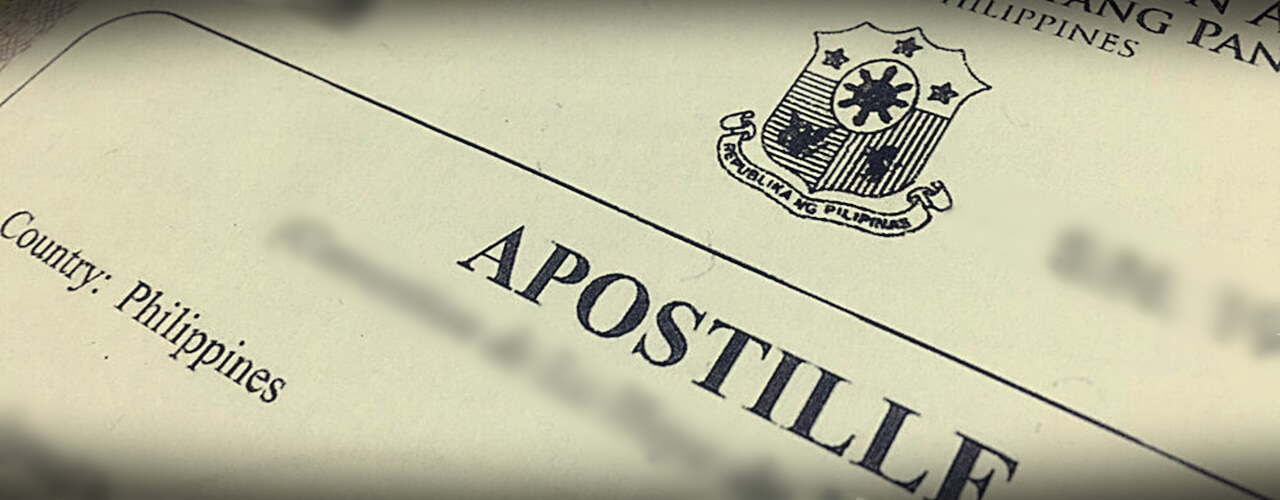
An apostille allows your Philippine documents to be accepted abroad by foreign governments and institutions.
Apostille replaces the previous “red-ribbon” process and removes the embassy authentication step.
A Philippine apostille uses a seal instead of a red ribbon.
An apostille basically warrants that the person signing the document is known and authorized to do so.
This allows the foreign government or institution to be secure that the documents are authentic.
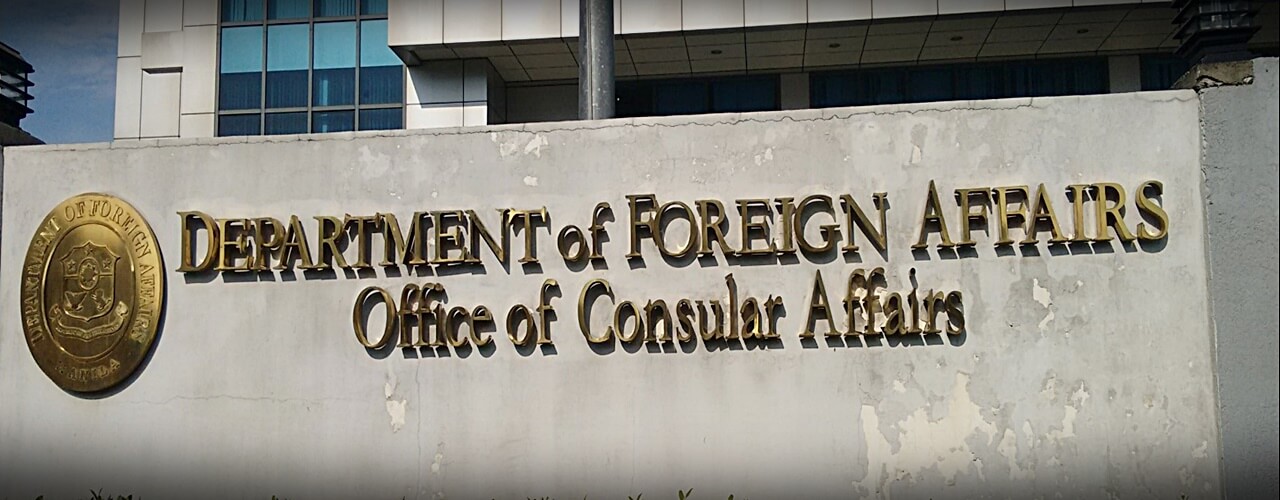
No, if you want to apostille diplomas or any other Philippine document, the apostille must be done in the Philippines.
An Apostille is given by the country where the document was issued.
So, only the Philippine DFA can apostille transcript of records (TORs), Form 137s or other documents issued by a Philippine school.
Likewise, Germany should apostille the transcript of records if you studied in Germany.
So, you must get the apostilled educational documents in the country where you studied.

The DFA Apostille can be done in a few days.
However, completing CAV before going to the DFA Apostille appointment can take time.
CAV Philippines Requirements:
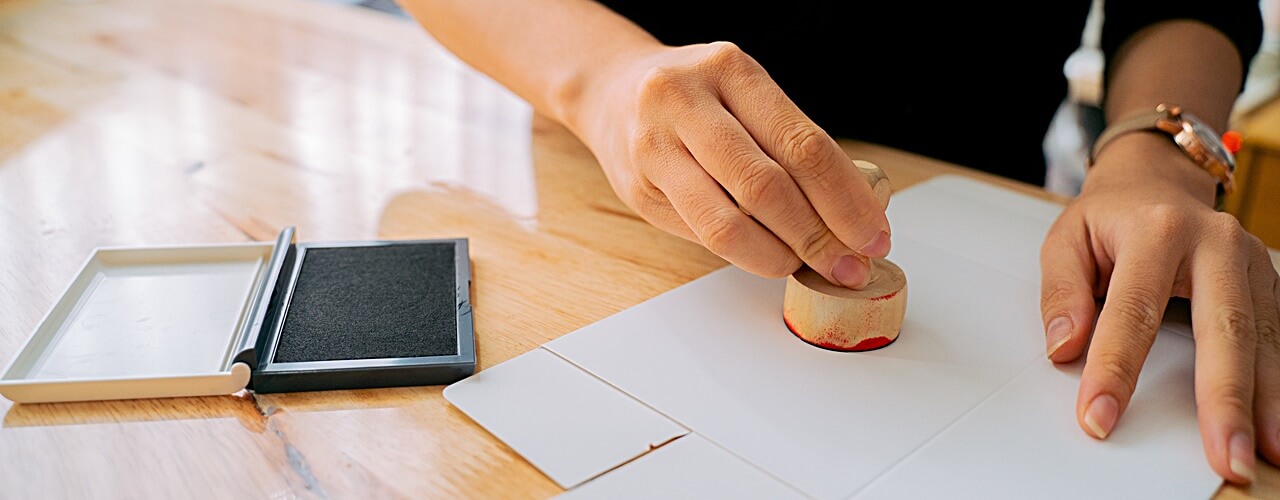
It may take a month or several months to complete the CAV process or get the TESDA certification.
It takes a long time to complete the CAV process because:
I explain a lot more about the Certified True Copy and how to get the Certification, Authentication and Verification in other sections down below since there is a lot you need to do to get them.
Try to complete these Apostille requirements ahead of time since they are not easy to do.
This will avoid you from struggling to complete the items and rushing when there is a tight deadline.
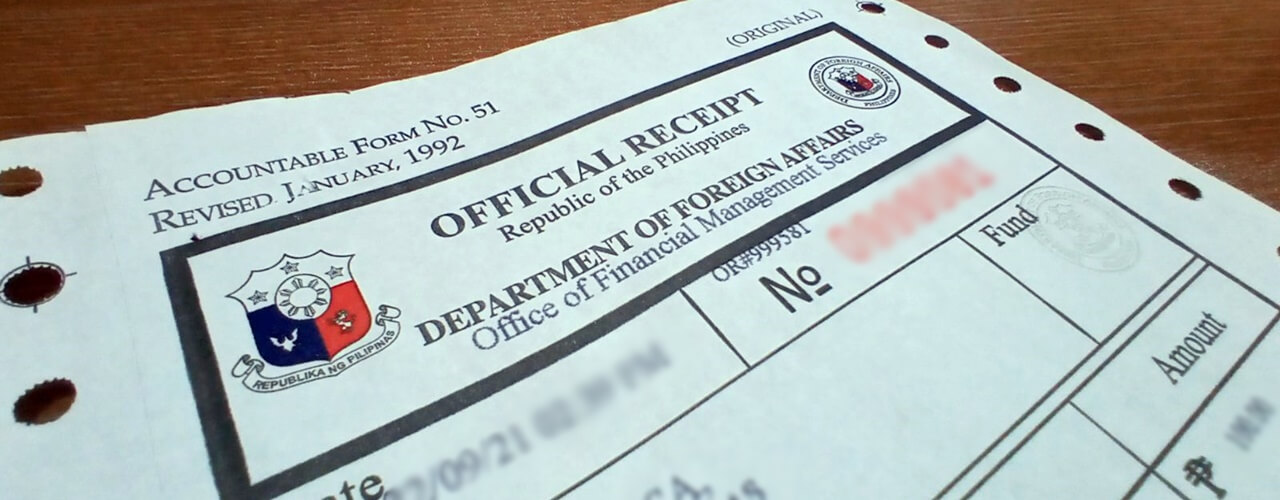
The cost of apostille school documents in the Philippines is not much but it is the time it takes that makes it costly.
There are 2 trips to the DFA for the apostille itself.
There are 2 trips to the school to get the Certified True Copies (CTC)s and 3 trips to the DEPED/TESDA for CAV processing.
That’s a total of 7 trips at least per document.
Each trip can take a day just by itself, so you are looking at 7 full days of work. There is also coordination needed for each institution.
(Coordination is no joke – it takes a very long time to reach the offices and hours and hours can be spent just doing this.)
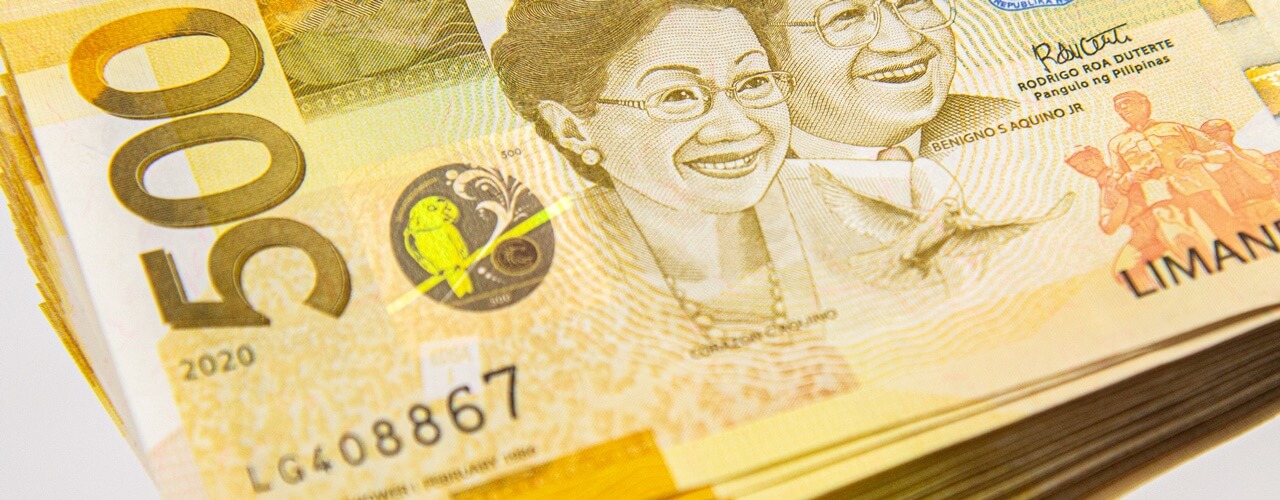
In terms of Apostille costs –
The DFA Apostille costs are Php 200 to Php 100, depending on whether you choose the expedited or regular option.
Schools charge from Php 300 to Php 1,000 for the Certified True Copies (it’s highly dependent on the school).
Meanwhile, the DEPED CAV price is Php 45 / Php 15 per document.
The total Apostille cost (DFA plus CTC plus CAV) is really because of the time spent coordinating with the DFA, school and DEPED/TESDA than it is about the government fees to apostille.
Transacting with the institutions and government is really, really, really time-consuming and costly.